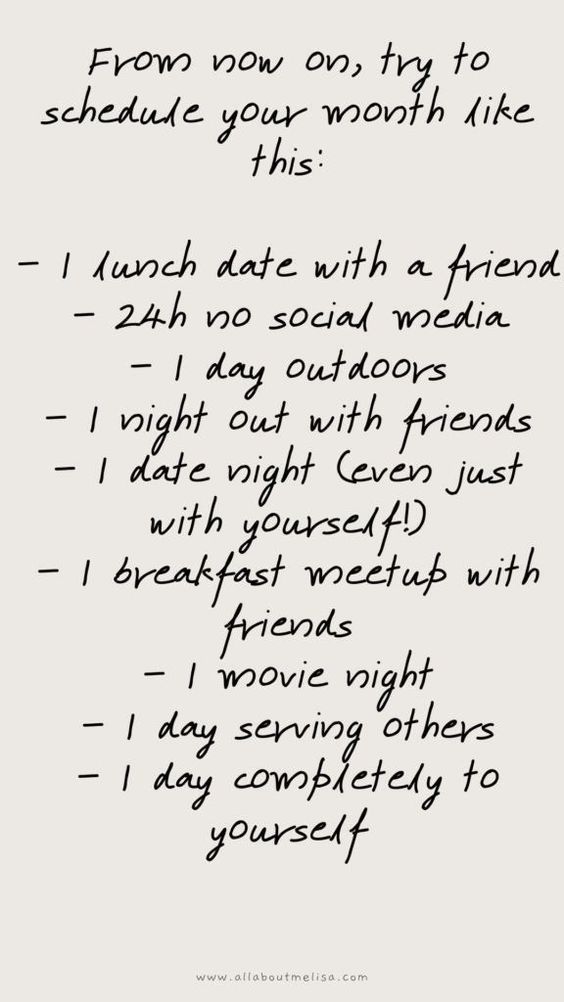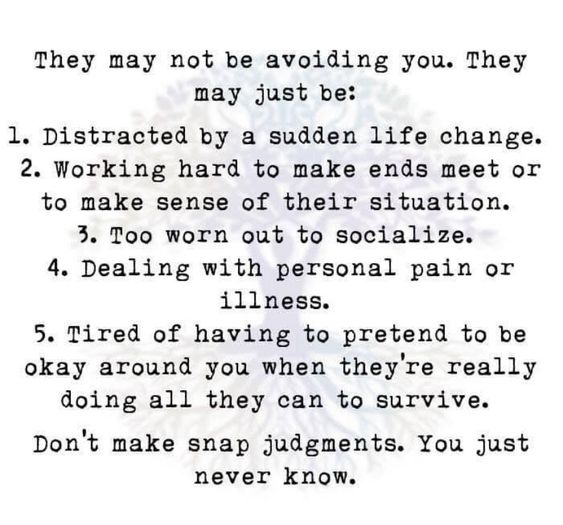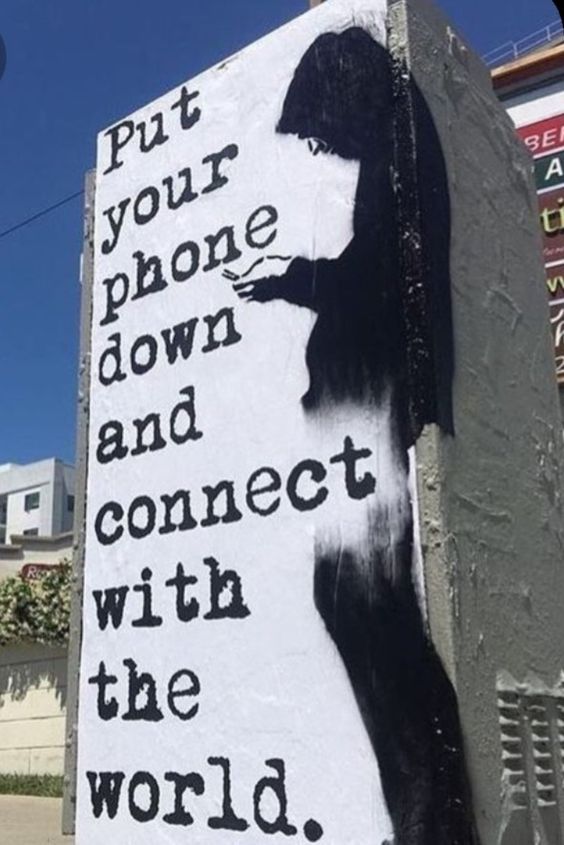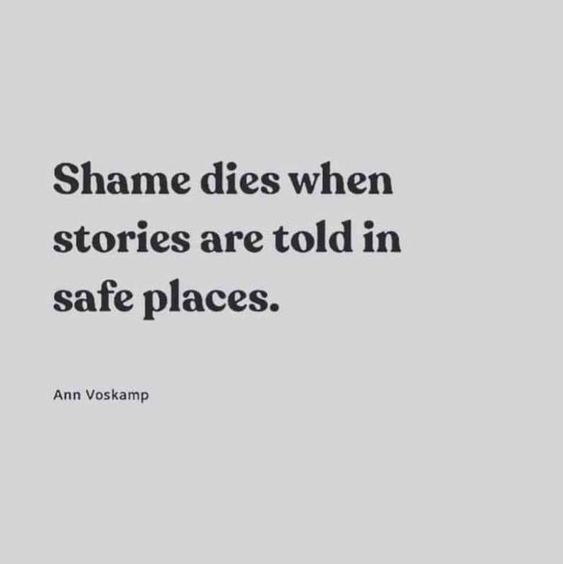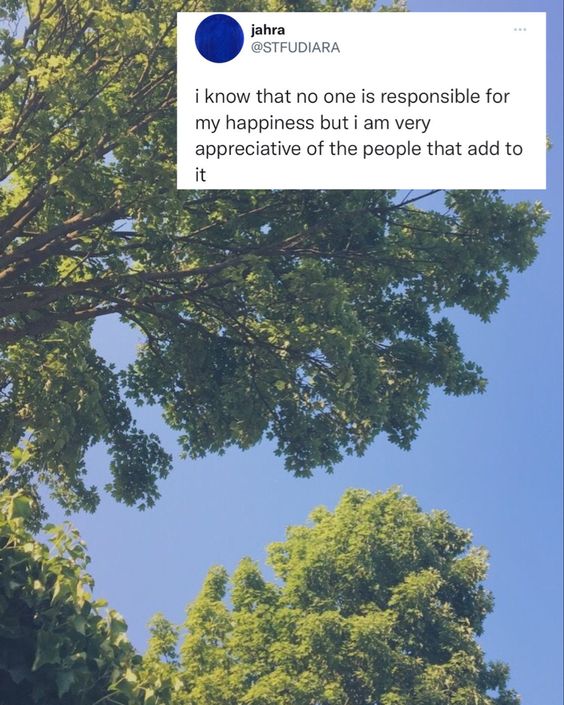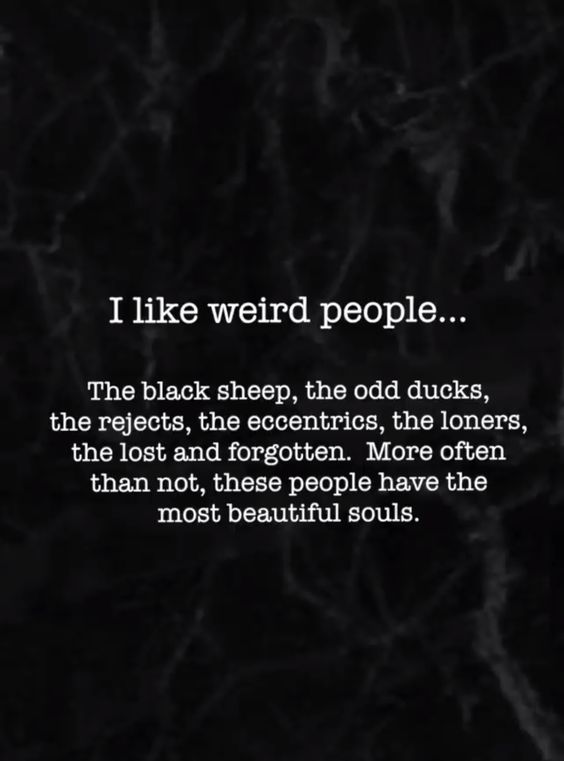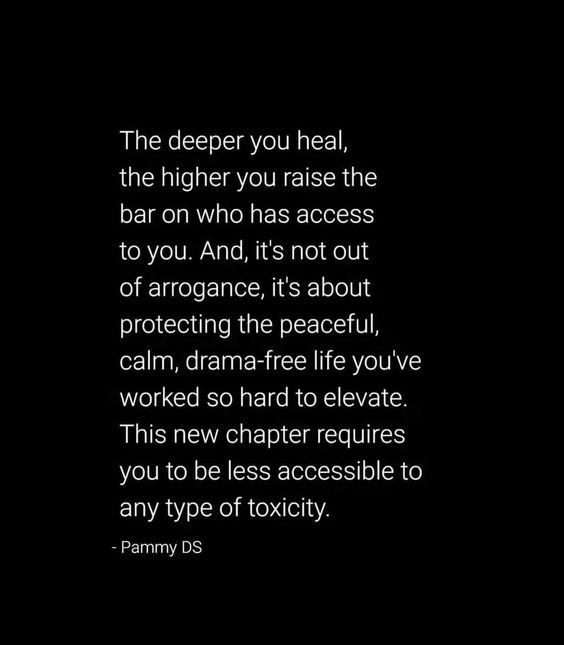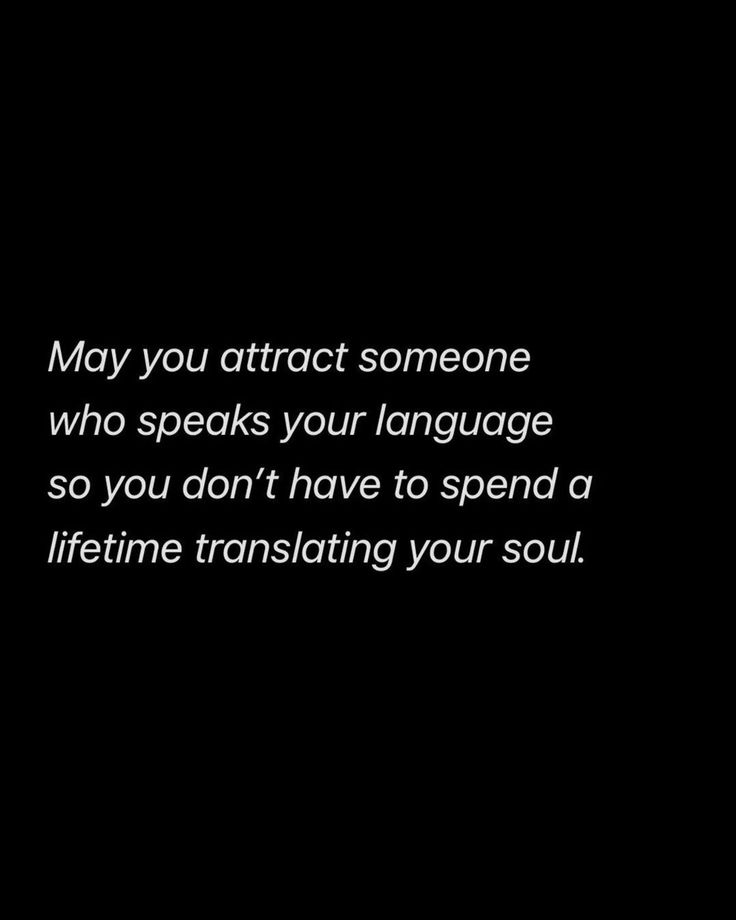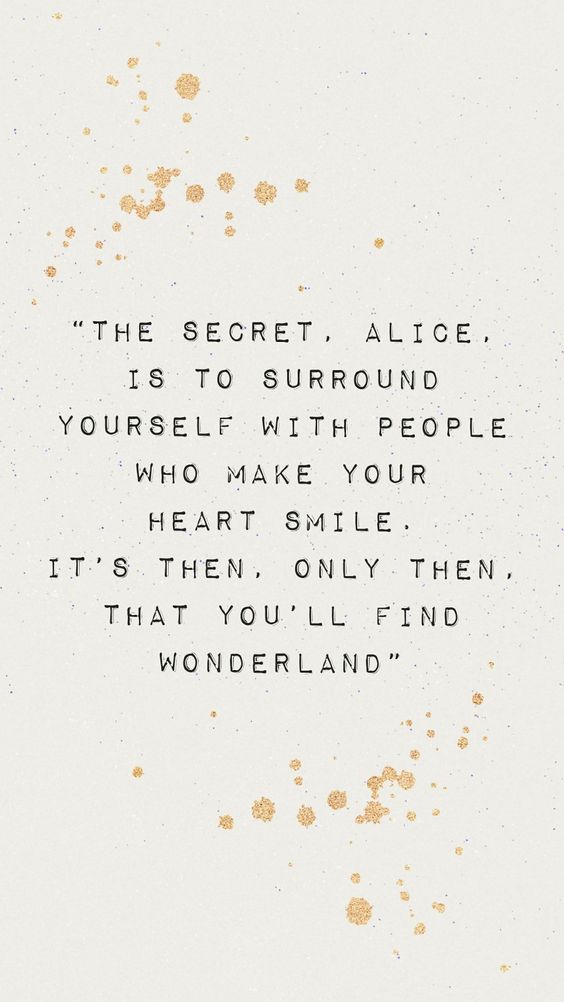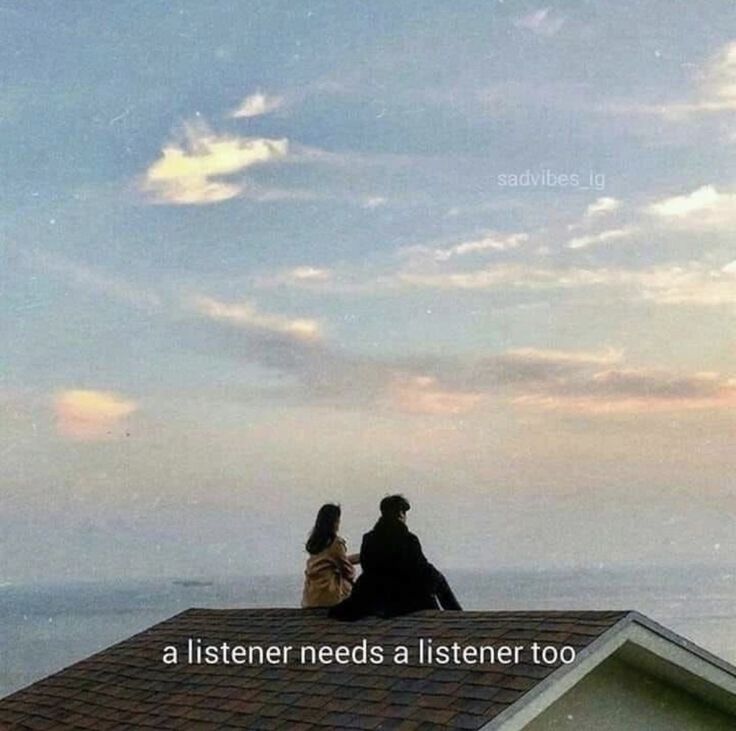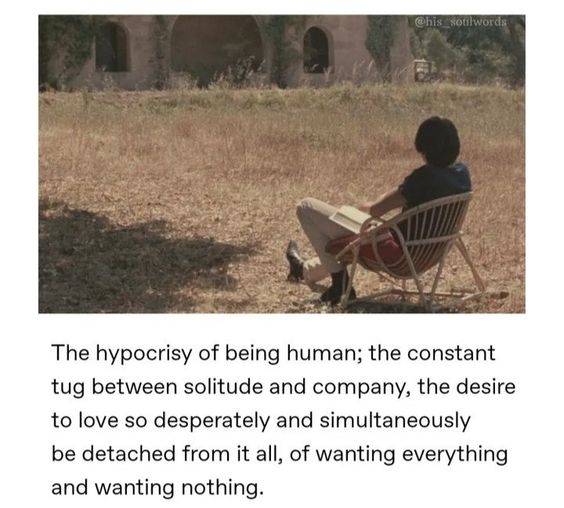“She had known three types of silence in relationships. There was passive-aggressive silence, obviously, there was the we-no-longer-have-anything-to-say silence, and then there was the silence that Eduardo and she seemed to have cultivated. The silence of not needing to talk. Of just being together, of together-being. The way you could be happily silent with yourself.”
Matt Haig, The Midnight Library (Page 210)
“…He believed that the more people were connected on social media, the lonelier society became.”
Matt Haig, The Midnight Library (Page 127)
“She had thought, in her nocturnal and suicidal hours, that solitude was the problem. But that was because it hadn’t been true solitude. The lonely mind in the busy city yearns for connection because it thinks human-to-human connection is the point of everything. But amid pure nature (or the ‘tonic of wilderness’ as Thoreau called it) solitude took on a different character. It became in itself a kind of connection. A connection between herself and the world. And between her and herself.”
Matt Haig, The Midnight Library (Page 126)
“I never found the companion that was so companionable as solitude.”
Henry David Thoreau, via The Midnight Library (Page 126)
“Always find new ways and means to relate with a person, new situations. Never get into a routine. Then the relationship is always flowing. There are always surprises; it is good to surprise and to be surprised by the other; then the relationship is never dead.”
Osho, Everyday Osho (Page 194)
“She’d been feeling lonely. And though she’d studied enough existential philosophy to believe loneliness was a fundamental part of being a human in an essentially meaningless universe, it was good to see him.”
Matt Haig, The Midnight Library (Page 5)
“Miscommunication between two people is incredibly common because every time someone speaks they are translating their feelings into words, and then the other person has to interpret those words through the filter of their own current feelings and past emotional history. Since we are communicating through filters of perception, it takes a certain degree of calmness and emotional maturity between two people to ask each other, ‘What do you mean by this?’ or ‘Can you tell me more?’ to really understand what is being said. Communication without patience is likely to turn into conflict. Communication with patience is likely to lead to deeper connection.”
Yung Pueblo
“Along the way, like everyone else, I must bear my burdens. But I do not intend to bear them graciously, nor in silence. I will take my sadness and as I can I will make it sing. In this way when others hear my song, they may resonate and respond out of the depths of their own feelings.”
Sheldon B. Kopp, If You Meet Buddha On The Road, Kill Him! (Page 214)
“Sometimes it seems to me that in this absurdly random life, there is some inherent justice in the outcome of personal relationships. In the long run, we get no more than we have been willing to risk giving. We get to keep no more than we earn by our own efforts. In a way, we each get what we deserve. Everyone is entitled to keep as much garbage as he is willing to put out or to put up with.”
Sheldon B. Kopp, If You Meet Buddha On The Road, Kill Him! (Page 85)
